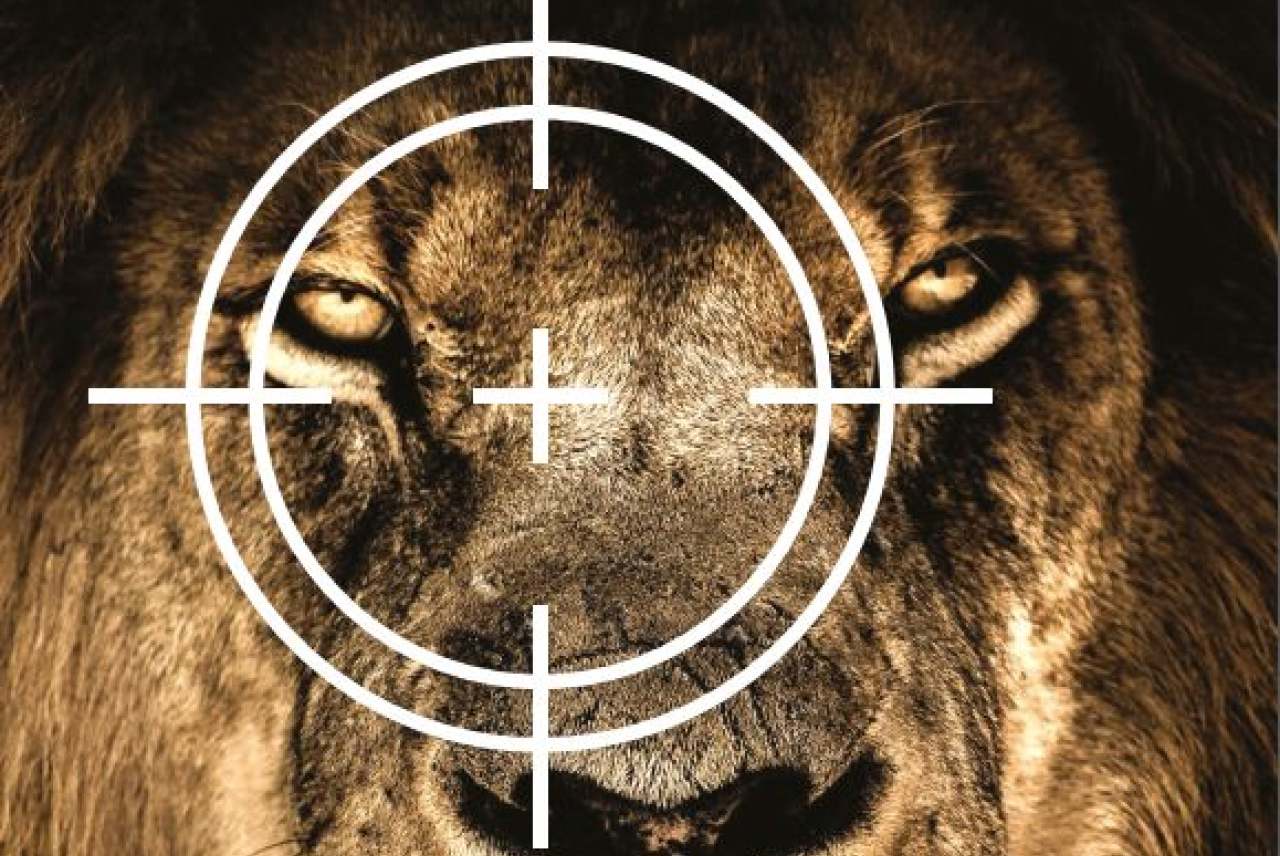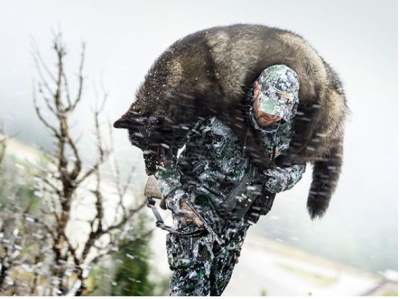If hunting is well regulated and managed under the guidance of ecologists, it can provide revenue for conservation projects while helping to manage animal populations in a ‘sustainable’ way.
However, the reality can be far from this. Poor or corrupt management can have disastrous affects on ecosystems, and can in some cases lead to population decline and extinction. For example a review of 176 studies found that bird and mammal populations across the tropics had declined by 58% and 83% respectively as a result of hunting.
Even a quota system (where the number of animals killed is restricted) can have unforeseen impacts. For example, if fewer animals are hunted, it can result in those of a larger body or antler size being selected as trophies. This often means killing the strongest males in an area, potentially distorting mating patterns and reversing the natural evolution of a species, where natural predators often kill the weak, old and young. The implications are both short and potentially very long-term, from altering population dynamics to the transference of genes.
In addition, hunting animals for sport or recreation is increasingly opposed in the UK and by broader Western society (particularly amongst urban dwellers), especially when it is considered ‘unnecessary’ or cruel.
This was perhaps symbolically highlighted by ‘Cecilgate’ – the global (predominantly US and Europe) outrage, social media response and campaigning that followed the trophy shooting of a ‘celebrity’ Zimbabwean lion in 2015 by American dentist and tourist, Walter Palmer.
Nonetheless, the complex relation between hunting and conservation plays a role in ongoing support for hunting by optics companies: 90% of the companies reviewed in this report marketed at least some products for hunting and 69% continue to have strong links to hunting, by selling riflescopes and/or marketing products for sports hunting.
Environmental impacts
Unfortunately optics companies’ approaches to managing their own environmental and climate impacts often fall short of those required to meet the science-based targets agreed in Paris in 2015.
83% of companies reviewed in the Shooting Wildlife III report were considered to have poor environmental and carbon management and reporting, either because they had no sustainability reporting at all (52%) or because they reported in very general terms, without publishing environmental reduction targets and concrete plans to lower greenhouse gas emissions (31%).
Of the five companies with reasonable environment reporting (Canon, Fujifilm, Nikon, Ricoh and Zeiss), four were considered to have good carbon management and reporting and reasonable environmental reporting – publishing climate change mitigation strategies that were in line with international agreements such as the Paris Agreement.
All four were Japanese electronics companies, and so it’s likely that they did well because of Japan’s mandatory greenhouse gas accounting and reporting system and its support for developing science-based decarbonisation targets.







